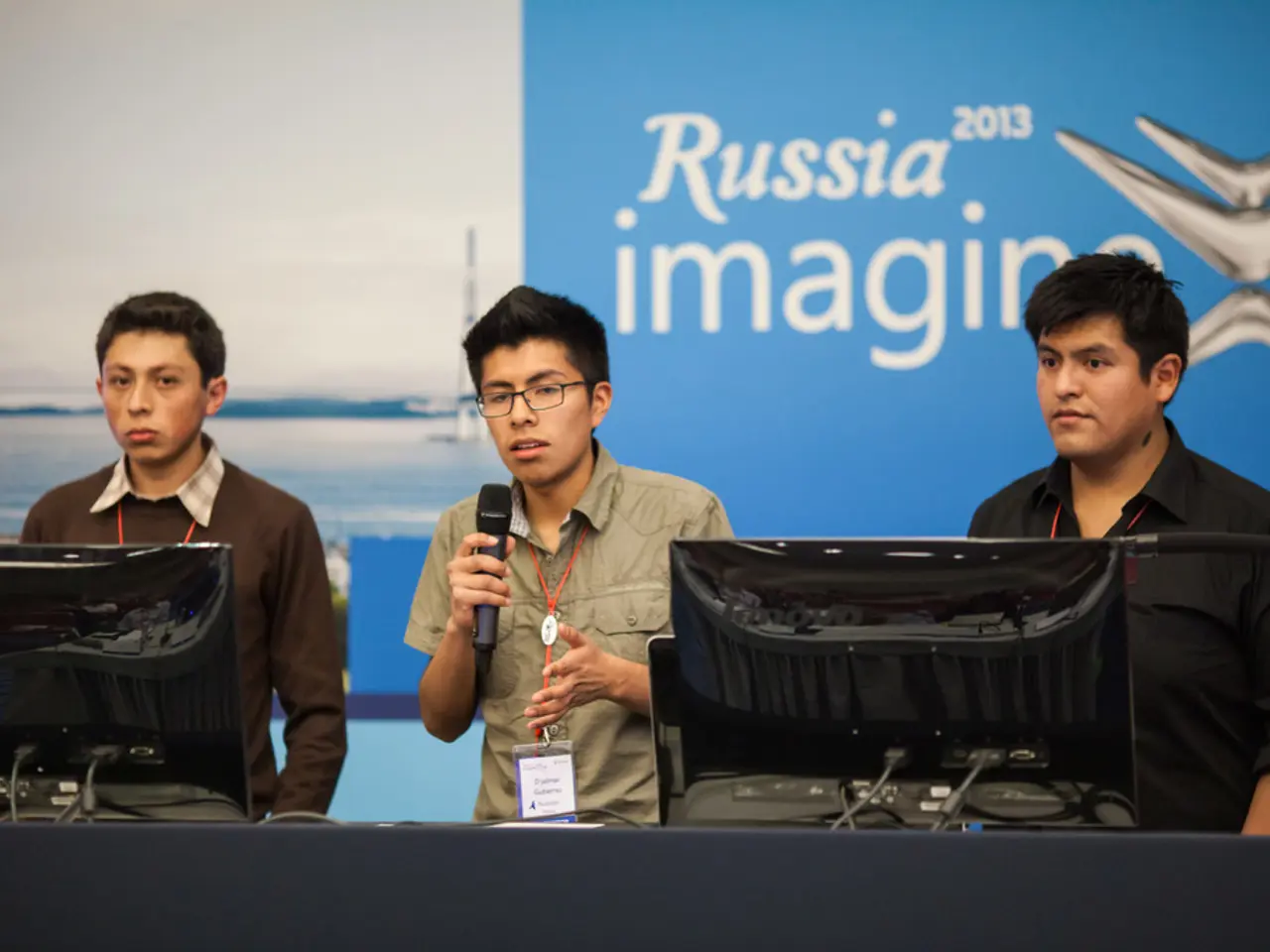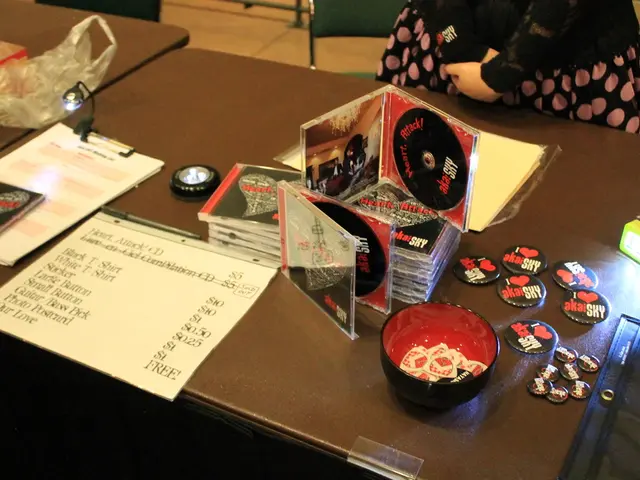U.S. government reaches significant revenue-sharing agreement with Nvidia and AMD regarding China chip sales
Nvidia Corp., a leading manufacturer of AI chips, and its competitor AMD have agreed to share 15% of their revenue from AI chip sales to China with the U.S. government. However, Nvidia has not confirmed the revenue-sharing arrangement directly.
The key market for both NVIDIA and AMD, China, accounted for approximately 13% and 24% of their total sales in their last fiscal years, earning NVIDIA around $17 billion and AMD $6.2 billion respectively.
The agreement, which covers revenue from chips like Nvidia's H20, designed for artificial intelligence applications, was reported by the Financial Times. The specific agencies involved in receiving the revenues are yet to be detailed, but the U.S. Department of Commerce, which enforces export controls related to chip technology, is believed to be among them.
The decision comes after the U.S. government collected revenue from exports of AI chips under similar arrangements. The move is seen as an attempt by Nvidia to compete in China and worldwide, where export control rules have been a significant hurdle for American companies.
The H20 chip, which had previously been halted from exports by the Trump administration due to national security concerns, is now expected to resume exports following the agreement. The Commerce Department began to issue H20 export licenses after the announcement.
The arrangement was discussed following a meeting between NVIDIA CEO Jensen Huang and President Trump two days prior to the announcement about H20 export licenses. Jensen Huang commended President Trump's A.I. agenda during the meeting.
Experts have noted that the financial concession as a condition for export approval is highly unusual. They suggest that this move may blur the lines between national security policy and economic strategy. If sales return to previous levels, the U.S. government could collect hundreds of millions per quarter under the 15% revenue-sharing arrangement, according to analysts.
However, it's important to note that the U.S. government has not yet clarified how the revenue will be allocated. The agreement between NVIDIA and AMD to share revenue with the U.S. government has not been confirmed by NVIDIA directly. Nvidia has confirmed to Reuters that it is committed to compliance with the rules set by the U.S. government.
In a separate development, the Department of Justice has accused an illegal immigrant Chinese national of trying to steal sensitive AI microchips. This incident underscores the national security concerns that have led to the tight export controls on AI chips.
The Taipei Computex expo featured a Nvidia Corp. chip, showcasing the company's continued presence and commitment in the global tech market. The details of the revenue-sharing agreement between NVIDIA and AMD for AI chip sales to China are still unfolding, and further developments are expected in the coming weeks.
Read also:
- visionary women of WearCheck spearheading technological advancements and catalyzing transformations
- A continuous command instructing an entity to halts all actions, repeated numerous times.
- Oxidative Stress in Sperm Abnormalities: Impact of Reactive Oxygen Species (ROS) on Sperm Harm
- Is it possible to receive the hepatitis B vaccine more than once?








